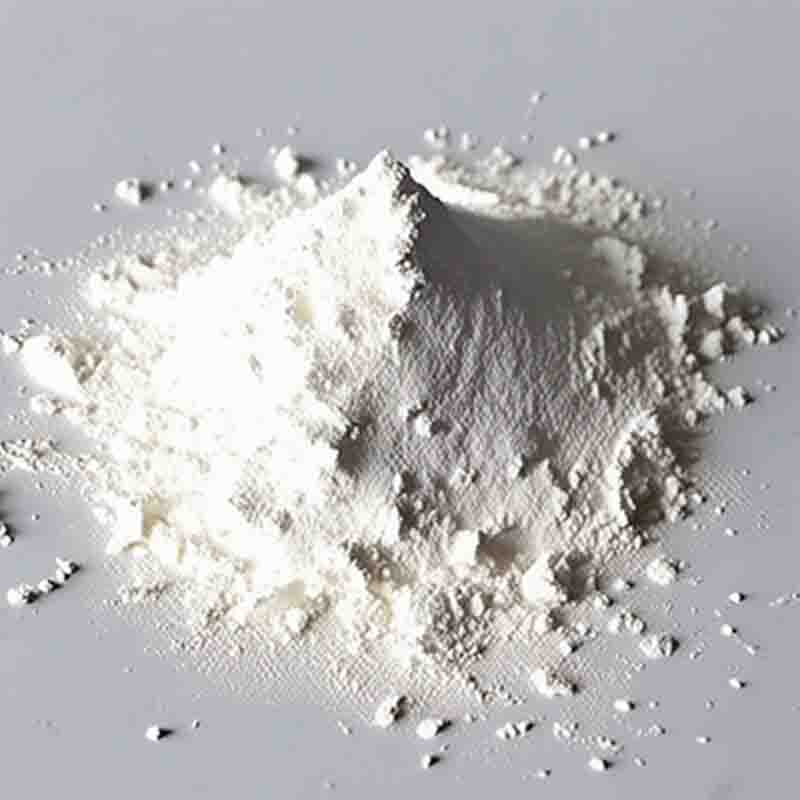Glycinemethylesterhydrochloride CAS:5680-79-5
| Catalog Number | XD96023 |
| Product Name | Glycinemethylesterhydrochloride |
| CAS | 5680-79-5 |
| Molecular Formula | C3H8ClNO2 |
| Molecular Weight | 125.55 |
| Storage Details | Ambient |
Product Specification
| Appearance | White powder |
| Assay | 99% min |
Glycinemethylesterhydrochloride, also known as methylglycine or sarcosine, is a compound that has been the subject of scientific research due to its potential effects on the body. It is a derivative of the amino acid glycine and has shown promise in various areas.One notable effect of glycinemethylesterhydrochloride is its potential in the treatment of certain mental health conditions, including schizophrenia. Numerous studies have shown that glycine-based compounds can enhance the efficacy of antipsychotic medications by modulating brain chemistry. Glycinemethylesterhydrochloride has been found to act as an agonist at the glycine receptor, which plays a critical role in neurotransmission. By enhancing glycine functioning, it may help improve the symptoms of schizophrenia, such as hallucinations and cognitive impairments.Furthermore, glycinemethylesterhydrochloride has been investigated for its potential role in supporting cognitive function and memory. Some studies have suggested that it may have a positive impact on learning and memory processes, possibly through its influence on glutamatergic neurotransmission. However, more research is needed to fully understand the extent of its cognitive-enhancing effects and its mechanisms of action.Additionally, some research has explored the potential benefits of glycinemethylesterhydrochloride in the management of chronic pain. It has been suggested that glycine-based compounds can modulate pain perception and reduce hyperalgesia, a heightened sensitivity to pain. Glycinemethylesterhydrochloride may act by inhibiting certain pain pathways, exerting both analgesic and antinociceptive effects. However, further research is required to determine its efficacy and safety as a pain management treatment.It is important to note that while glycinemethylesterhydrochloride has shown promise in these areas, further research is still needed to validate its effects and determine appropriate dosages and long-term safety. Additionally, individual responses to the compound may vary, and potential side effects should be taken into consideration.In summary, glycinemethylesterhydrochloride has demonstrated potential effects in the treatment of mental health conditions, cognitive function, and chronic pain management. Its ability to modulate glycine receptors and influence neurotransmission pathways contributes to its potential therapeutic benefits. However, more research is needed to fully understand its effectiveness, optimal usage, and safety profile.


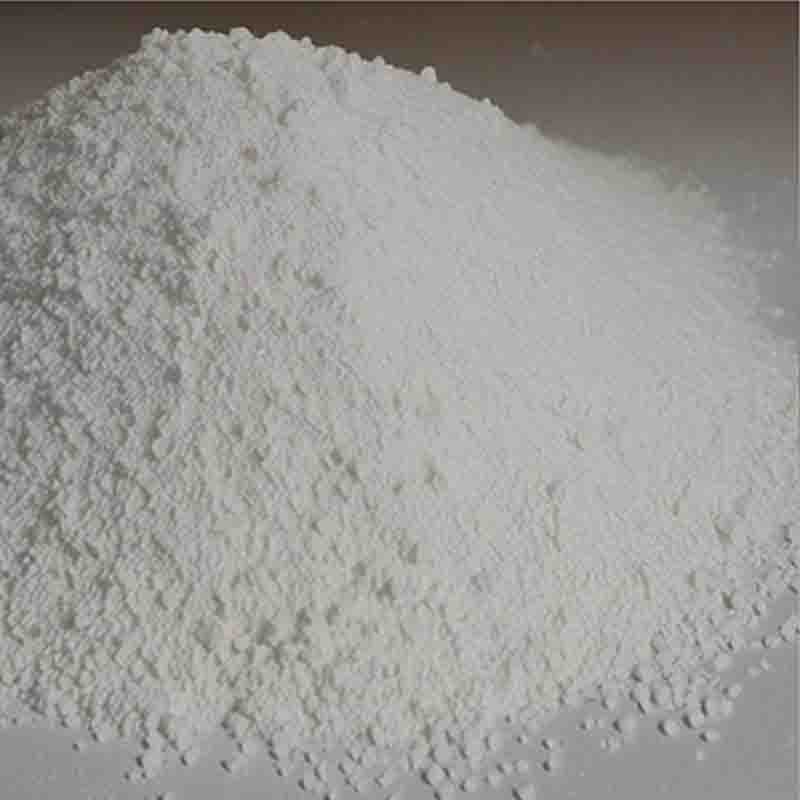

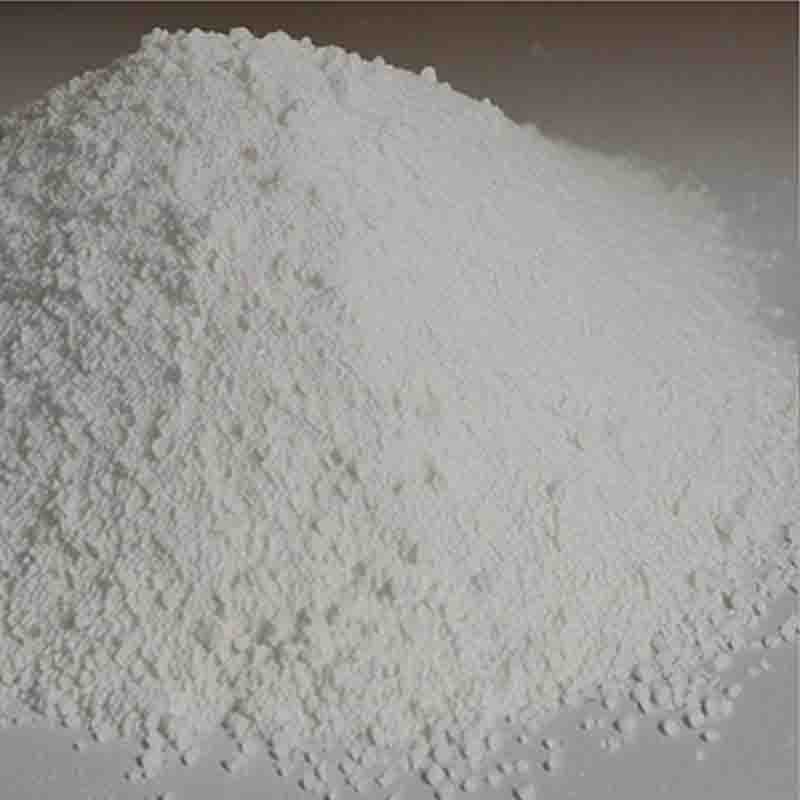
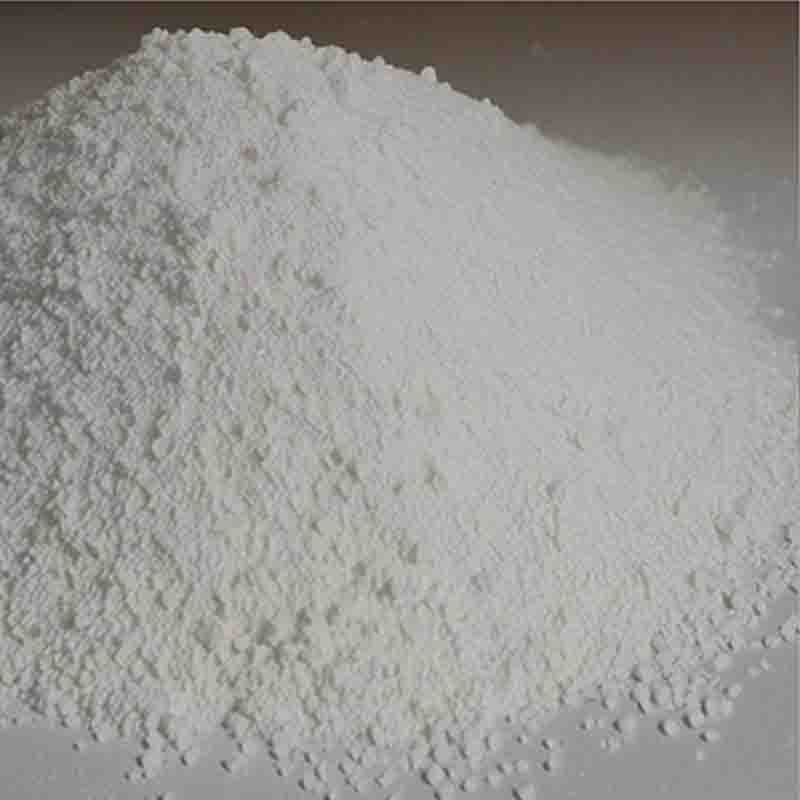
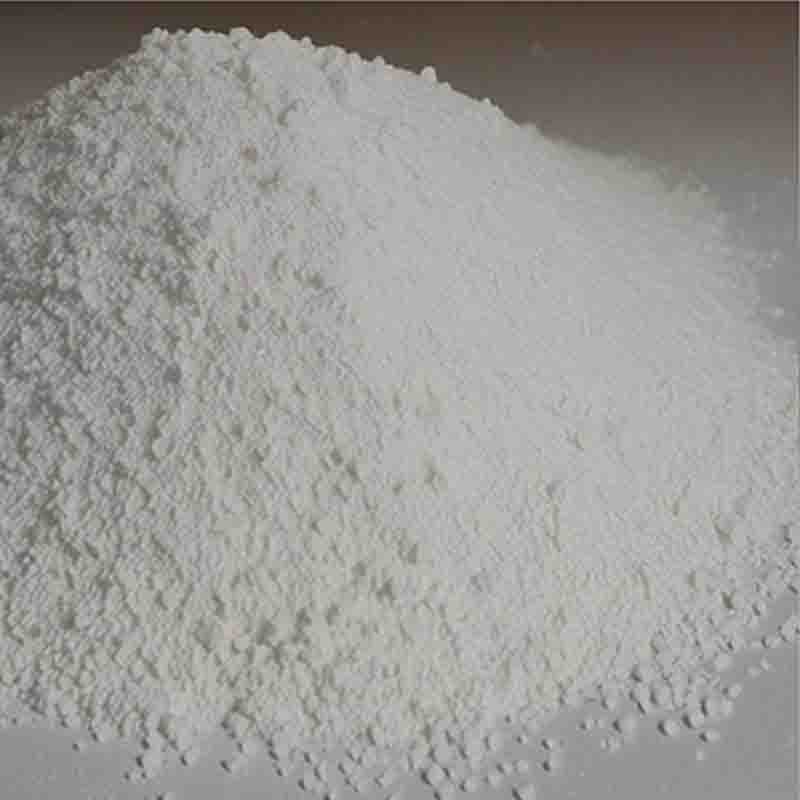
![(2R)-4-BENZYL-2-{(1R)-1-[3,5-BIS(TRIFLUOROMETHYL)PHENYL]ETHOXY}MORPHOLIN-3-ONE CAS: 287930-75-0](https://cdn.globalso.com/xdbiochems/白色粉末1237.jpg)

